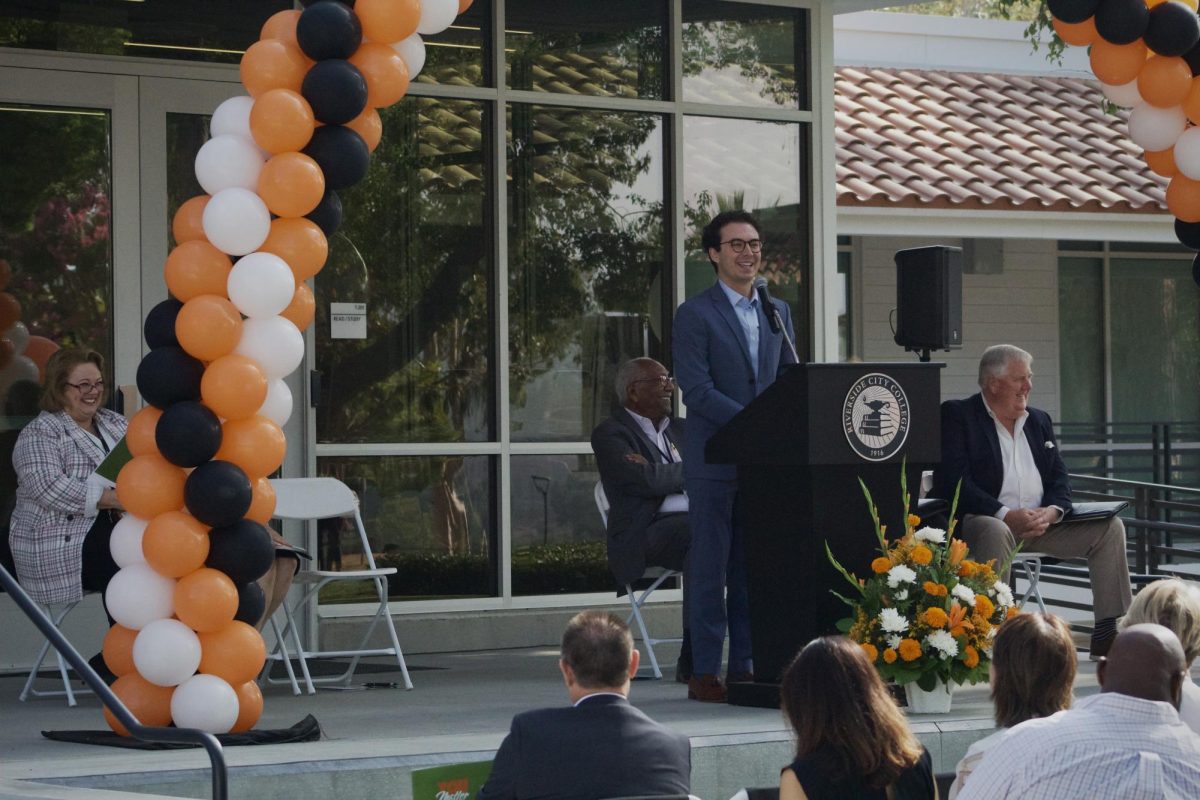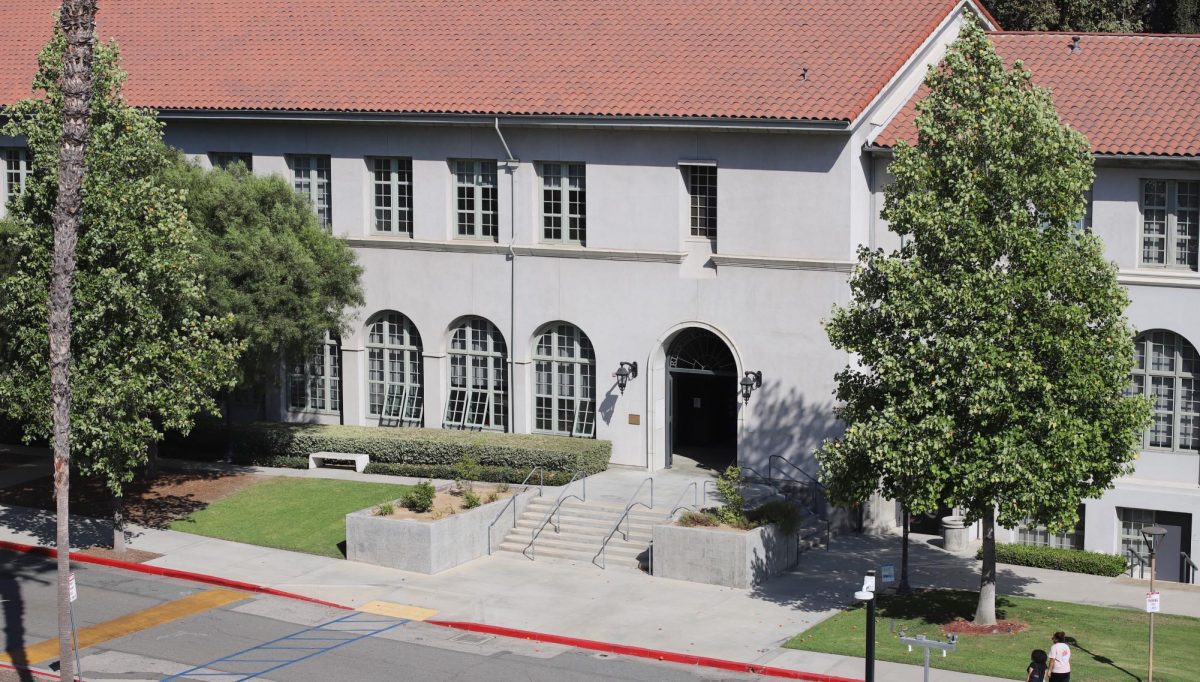By Leah Frost / Staff Writer
By Leah Frost / Staff Writer
There is no doubt that technology has become the pathway to create short cuts throughout life.
One leader in the pack of breaking new ground in the world of technology continues to be Apple with its ever changing and updating series of applications for the wide range of popular products including the iPad, iPhone and the iPod Touch.
New on the list of available applications is turning ground breaking into a warning app for ground shaking action called yurekuru.
The idea behind the app, according to the sales description, is to provide the user with notice of an earthquake warning.
This would include information regarding the seismic intensity expected from the earthquake, as well as the arrival time of the tremor.
The question popping in heads around the world is where was this application before nearly 28,000 people dies in the earthquakes and tsunamis that hit Japan in March.
Ironically, this application that at the time could not save the thousands of lives lost during the disaster, the application is at this time only available in the Japanese language.
Since March, over 1.5 million people have become subscribers to the application.
Although new technology is often helpful in creating higher exchanges of communication, is this application a technology that will be helpful to the masses?
Or will this prove to be just another form a technology that sounds like a good investment at the time ,but does not live up to it’s expectations?
In an attempt to play devil’s advocate, any form of communication that can help people prepare themselves for an earthquake is leaps and bounds greater than what has been available in the past.
The reality is that the warning only sets off an alarm approximately 10 seconds before a quake will hit the area in which the app is registered in.
As with any new technology the skepticism meter begins to go off with alarms of questioning the validity of how much will these technologies really be useful?
Is 10 seconds enough time to really help users secure their safety or run for their lives?
It seems as though 10 seconds could help someone dive under the nearest table, but that is the extent of how helpful the warning would be.
Since it is a new resource, are there going to be glitches?
When new technology hits the shelves for retail sale, whether it is a form of entertainment or a new computer program, the excitement of the new product is usually also followed with the wonder on how long will the product last.
Will the product need to be upgraded quickly? Will the product work consistently?
Taking those questions and applying them to a form of technology that is an attempt to warn people in order to save lives in a natural disaster is nothing short of a scary thought.
There are rumors, that iPhones for example need to be upgraded each time a new version is available.
Otherwise the older version begins to slow down in response time when opening applications, receiving text messages and retrieving phone messages.
Technology changes so fast that it is hard to determine what is a good investment and what is just going to leave the wallet a little lighter each month in order to keep up with the changes as they occur.
If this application can predict earthquakes 10 seconds before the shaking begins, what is to say that three months down the road a new app will have the same features but can give notice of the coming tremor 30 seconds before the quake?
In the end people who utilize the app will eventually be sucked into upgrade mode, making more money for the creators.
Despite the probable chase to keep up with technology, there are other issues that may affect the public as a whole.
Those who cannot afford the Apple products are left to their own instincts to predict the common earthquakes.
Is it fair to offer an advanced technology to people who are able to afford the pricey devices just to get the application? It seems that there should be a better way to get the technology to all consumers.
As the technology progresses and more users begin to take advantage of the app, will the warnings create mass hysteria at a greater level then will already be in effect from the disaster itself?
The point, just because the technology is available does not mean it should not be questioned and should definitively used with caution.
There has been a wave of earthquakes leaving devastation throughout various parts of the world in the last few years and there may be some false hope that the app can provide a sense of security, a sense that the warning will give people enough time to make life saving decisions.
The reality is that technology is not always reliable, glitches occur and devices shut down.
Until this technology can be brought to the masses in a more uniform manner to where everyone can reap the benefits it is better to handle the preparation of dealing with an earthquake the old fashioned way.
Make emergency kits, have a plan for exiting buildings, know the places safest to hang tight until the earth stops shaking.
In the end all these things are priority anyway; an app cannot get people through the basic steps of survival.






